Beating the numbers game
Phil Anderson recalls the 'impossible' of cycling'
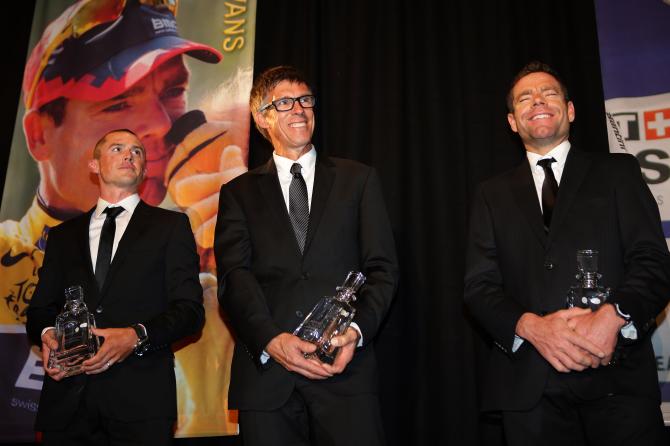
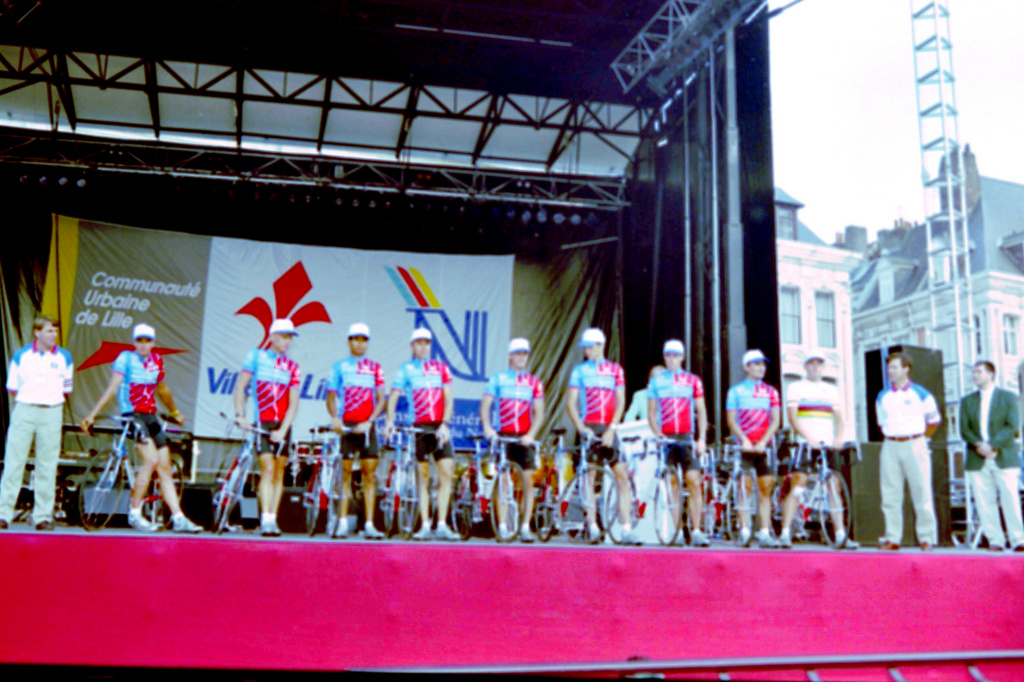
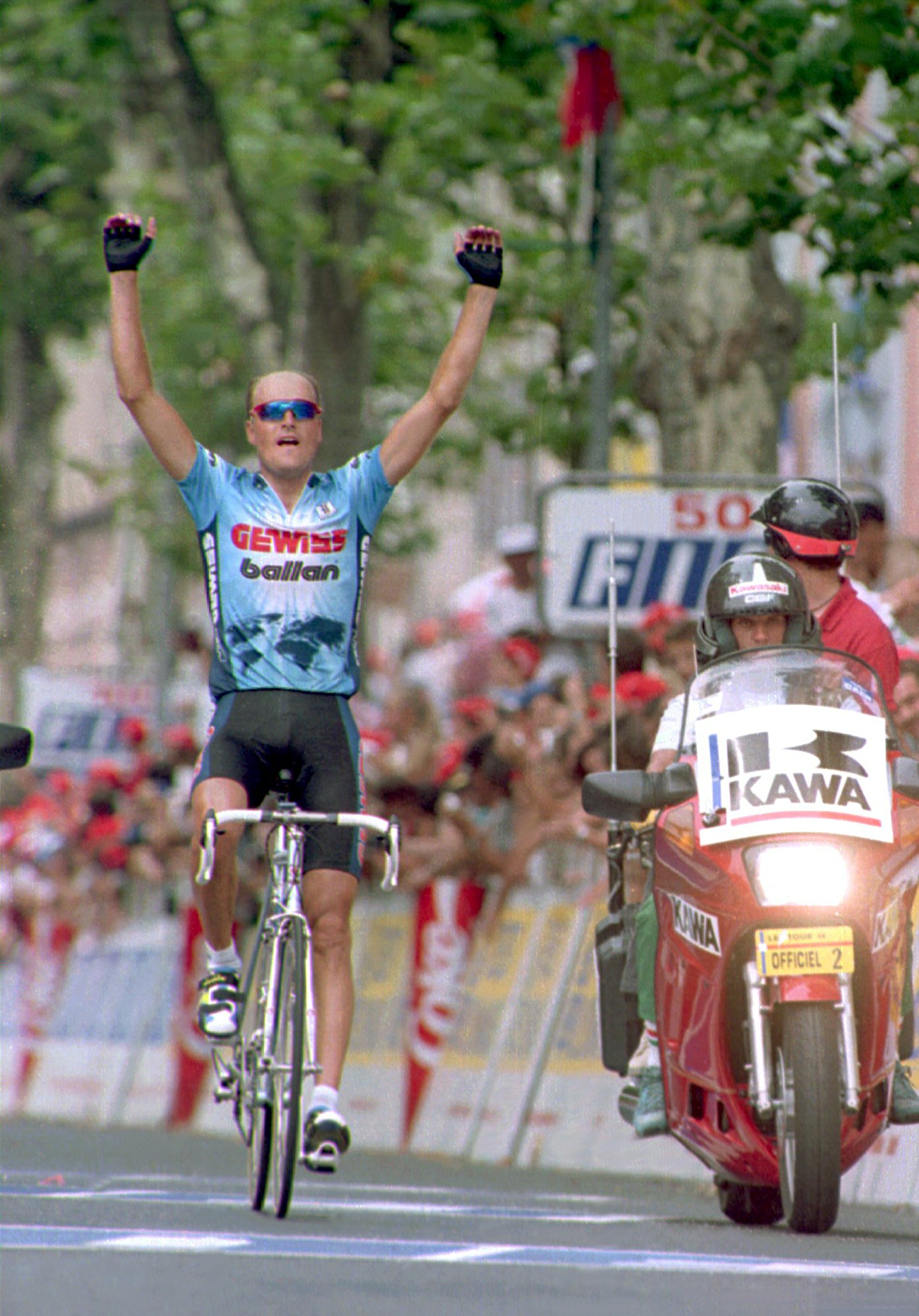
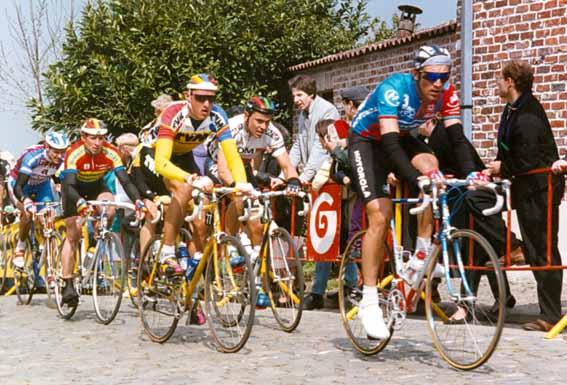
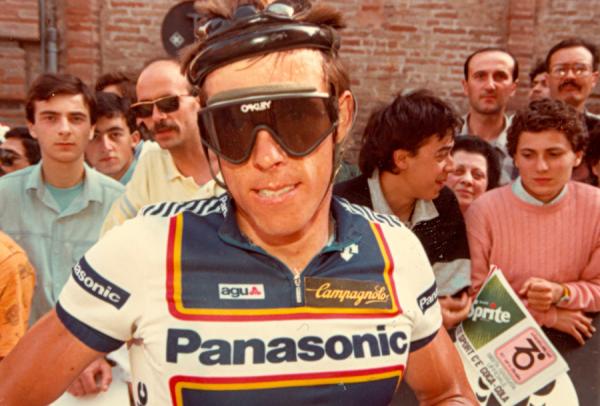
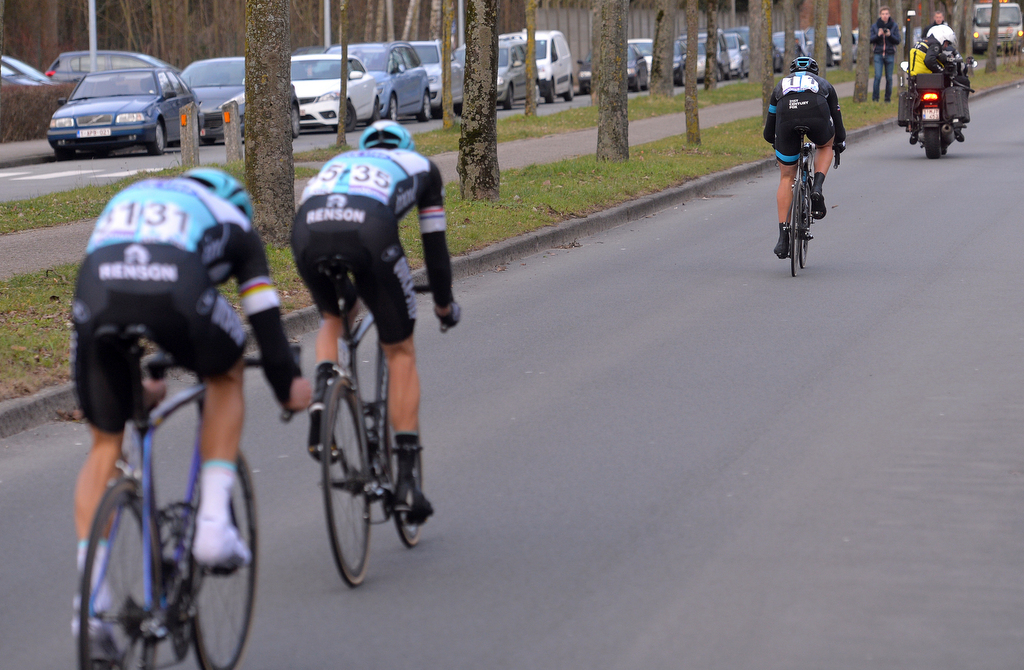
The sight of Briton Ian Stannard defying the odds to beat the three Etixx-QuickStep riders to win last Saturday's Omloop Het Nieuwsblad was extraordinary. But it was not the first of its kind to show how a numbers advantage is no guarantee for victory in a bike race.
Watching Stannard (Team Sky) outsprint Dutchman Niki Terpstra (Etixx-QuickStep) and beat two other breakaway riders – Belgians Tom Boonen and Stijn Vandenburgh, at eight seconds and 15 seconds, triggered Australian legend Phil Anderson's memory – a not so fond memory either. It first reminded him of stage 7 of the 1993 Tour de France from Peronne to Chalons–sur-Marne in the Champagne region when he and, Motorola teammates, Max Sciandri and Alvaro Meija were in the key seven man break but failed to win the stage.
"Often I was in a situation where I was out numbered and won, or held my place for 'GC' [general classification]," Anderson said. "But [last Saturday's Omloop Het Nieuwsblad] was an extreme case when there were four of them in the break … when it is three against one it is quite outstanding really."
Anderson revelled in the north European classics despite one win in the 1983 Amstel Gold Race against near-misses in the Tour of Flanders (2nd in 1985 and 1987), Liege-Bastogne-Liege (2nd in 1984 and 3rd in 1983 and 1989) and Ghent Wevelgem (2nd in 1985).
But Anderson had nothing but praise for Stannard's ride, even after the criticism of Etixx-QuickStep manager Patrick Lefevere. While the Belgian Etixx-QuickStep boss criticised Stannard for not working more in the break, Anderson felt he rode superbly.
"Stannard was smart and he was named at the top of the results [in first place]," Anderson said. "He also had the guts to attack [in the finale]."
Discussing how a race can turn on its head led Anderson to remembering how he learned that an apparent 'fait accompli' may be anything but. He also says the unexpected is not always because of the numbers game and what happens between riders, but also them and their sports directors – or sports directors.
Get The Leadout Newsletter
The latest race content, interviews, features, reviews and expert buying guides, direct to your inbox!
A case in point, says Anderson, was the impact of rivalry between Dutch icons Peter Post and Jan Raas on his time in cycling. Anderson recalls his 1983 Amstel Gold Race win when he was riding for the French Peugeot team and finished with a 31 second lead. Anderson believes the Post-Raas divide influenced his Amstel Gold Race victory.
Raas - who finished third in that year's Amstel Gold Race - was leader of the Dutch TI-Raleigh team that Anderson would join the next year, which was due to be renamed Panasonic-Releigh. Post was the powerful Dutch team's sports director. However, building tension between Raas and Post led to Raas leaving TI-Raleigh after 1983 to create his own team Kwantum, which morphed into Superconfex.
At the time, Raas was a super star. His career included his 1979 world championship win, and also wins in Milan-San Remo (1977), Tour of Flanders (1979, 1983), Paris-Roubaix (1982) and the Amstel Gold Race (1977, 1978, 1979, 1980 and 1982).
In the 1983 Amstel Gold Race, the feud between Raas and Post was apparent to Anderson. "It played a little bit in my hands that [1983] Amstel Gold Race," said Anderson, who sensed there "was a split on the team" between Post and Raas who had won the race five times, and was the defending champion. "They called it the 'Amstel Gold Raas' …," Anderson recalls. “But there was some indecision when I attacked.
"I got away and there some in-fighting in their team and I rode away with the race.
"[Post and Raas] were big egos. Post thought he was in charge and Raas was saying, 'No,' … he is in charge … guys will do what he says, not Post. One of the winningest riders, he was extremely respected in the bunch, and butting heads with his director."
Nine years later …
The Z-Peugeot rider was in a three man break with Belgian Marc Sergeant of Post's Panasonic team and Dutchman Frans Maassen of Raas' Superconfex team and nearing the final kilometres when the pace of the break stalled to almost a halt.
The reason was that Post and Raas had ordered their respective riders to not work in the break at the risk of assisting one of the other's riders winning the stage and sit on. A stunned Colotti just soft pedalled away for the win; leaving the Dutch Panasonic and Superconfex teams to receive an official reprimand for their cynical tactics.
As Anderson now says with a laugh: "The 'impossible' does happen," in a bike race.
Rupert Guinness is a sports writer on The Sydney Morning Herald (Fairfax Media)
Rupert Guinness first wrote on cycling at the 1984 Victorian road titles in Australia from the finish line on a blustery and cold hilltop with a few dozen supporters. But since 1987, he has covered 26 Tours de France, as well as numerous editions of the Giro d'Italia, Vuelta a Espana, classics, world track and road titles and other races around the world, plus four Olympic Games (1992, 2000, 2008, 2012). He lived in Belgium and France from 1987 to 1995 writing for Winning Magazine and VeloNews, but now lives in Sydney as a sports writer for The Sydney Morning Herald (Fairfax Media) and contributor to Cyclingnews and select publications.
An author of 13 books, most of them on cycling, he can be seen in a Hawaiian shirt enjoying a drop of French rosé between competing in Ironman triathlons.